If the micrometer is to be believed, these maple shavings are 0.015mm thick. Amazing what’s possible with sharp tools!

If the micrometer is to be believed, these maple shavings are 0.015mm thick. Amazing what’s possible with sharp tools!

Ridiculous amounts of hamster activity at the moment. I must have seen nearly 100 of them in an hour. I also heard them vocalise for the first time, a sort of guttural hissing sound.

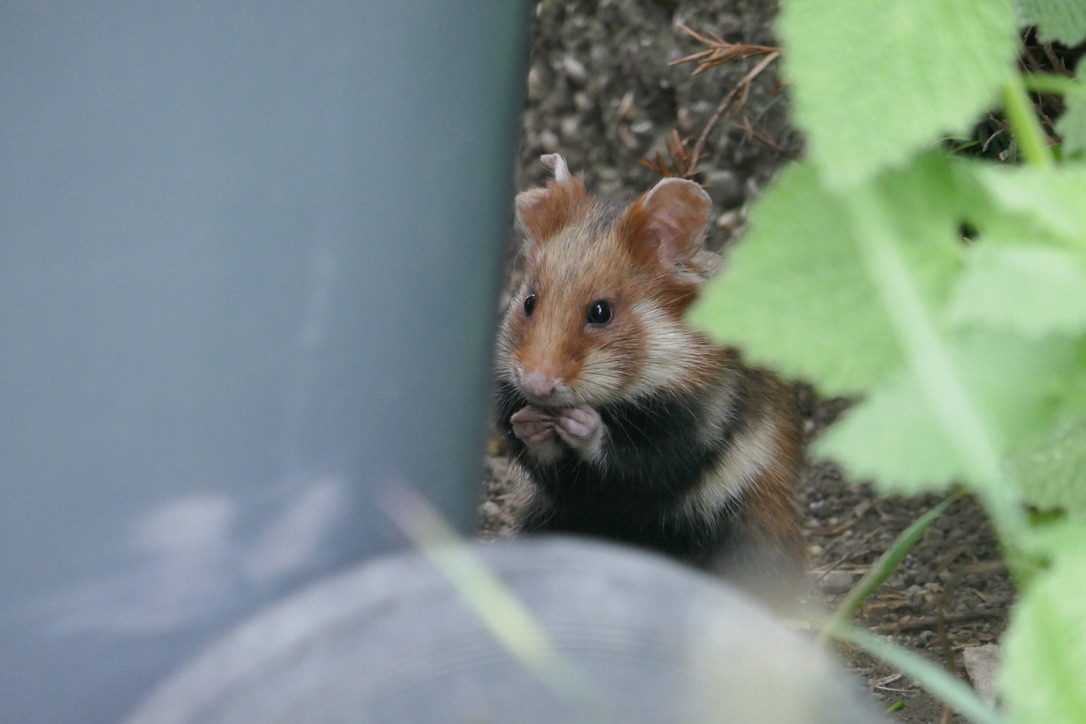
#TIL there’s a species of moth called Wockia chewbacca. Someone must have had fun naming that one
Tip for anyone using greg to download podcasts: this config setting forces the downloaded files to be in chronological order, and strips any query parameters from the end of their name:
downloadhandler = wget {link} -O {directory}/{date}_{filename}
Here’s a python snippet for analysing an iNaturalist export file and exporting an HTML-formatted list of species which only have observations from a single person (e.g. this list for the CNC Wien 2021)
# coding: utf-8
import argparse
import pandas as pd
"""
Find which species in an iNaturalist export only have observations from a single observer.
Get an export from here: https://www.inaturalist.org/observations/export with a query such
as quality_grade=research&identifications=any&rank=species&projects[]=92926 and at least the
following columns: taxon_id, scientific_name, common_name, user_login
Download it, extract the CSV, then run this script with the file name as its argument. It will
output basic stats formatted as HTML.
The only external module required is pandas.
Example usage:
py uniquely_observed_species.py wien_cnc_2021.csv > wien_cnc_2021_results.html
If you provide the --project-id (-p) argument, the taxa links in the output list will link to
a list of observations of that taxa within that project. Otherwise, they default to linking
to the taxa page.
If a quality_grade column is included, non-research-grade observations will be included in the
analysis. Uniquely observed species with no research-grade observations will be marked. Species
which were observed by multiple people, only one of which has research-grade observation(s) will
also be marked.
By Barnaby Walters waterpigs.co.uk
"""
if __name__ == "__main__":
parser = argparse.ArgumentParser(description='Given an iNaturalist observation export, find species which were only observed by a single person.')
parser.add_argument('export_file')
parser.add_argument('-p', '--project-id', dest='project_id', default=None)
args = parser.parse_args()
uniquely_observed_species = {}
df = pd.read_csv(args.export_file)
# If quality_grade isn’t given, assume that the export contains only RG observations.
if 'quality_grade' not in df.columns:
df.loc[:, 'quality_grade'] = 'research'
# Filter out casual observations.
df = df.query('quality_grade != "casual"')
# Create a local species reference from the dataframe.
species = df.loc[:, ('taxon_id', 'scientific_name', 'common_name')].drop_duplicates()
species = species.set_index(species.loc[:, 'taxon_id'])
for tid in species.index:
observers = df.query('taxon_id == @tid').loc[:, 'user_login'].drop_duplicates()
research_grade_observers = df.query('taxon_id == @tid and quality_grade == "research"').loc[:, 'user_login'].drop_duplicates()
if observers.shape[0] == 1:
# Only one person made any observations of this species.
observer = observers.squeeze()
if observer not in uniquely_observed_species:
uniquely_observed_species[observer] = []
uniquely_observed_species[observer].append({
'id': tid,
'has_research_grade': (not research_grade_observers.empty),
'num_other_observers': 0
})
elif research_grade_observers.shape[0] == 1:
# Multiple people observed the species, but only one person has research-grade observation(s).
rg_observer = research_grade_observers.squeeze()
if rg_observer not in uniquely_observed_species:
uniquely_observed_species[rg_observer] = []
uniquely_observed_species[rg_observer].append({
'id': tid,
'has_research_grade': True,
'num_other_observers': observers.shape[0] - 1
})
# Sort observers by number of unique species.
sorted_observations = sorted(uniquely_observed_species.items(), key=lambda t: len(t[1]), reverse=True)
print(f"<p>{sum([len(t) for _, t in sorted_observations])} taxa uniquely observed by {len(sorted_observations)} observers.</p>")
print('<p>')
for observer, _ in sorted_observations:
print(f"@{observer} ", end='')
print('</p>')
print('<p><b>bold</b> species are ones for which the given observer has one or more research-grade observations.</p>')
print('<p>If only one person has RG observations of a species, but other people have observations which need ID, the number of needs-ID observers are indicated in parentheses.')
for observer, taxa in sorted_observations:
print(f"""\n\n<p><a href="https://www.inaturalist.org/people/{observer}">@{observer}</a> ({len(taxa)} taxa):</p><ul>""")
for tobv in sorted(taxa, key=lambda t: species.loc[t['id']]['scientific_name']):
tid = tobv['id']
t = species.loc[tid]
if args.project_id:
taxa_url = f"https://www.inaturalist.org/observations?taxon_id={tid}&project_id={args.project_id}"
else:
taxa_url = f'https://www.inaturalist.org/taxa/{tid}'
rgb, rge = ('<b>', '</b>') if tobv.get('has_research_grade') else ('', '')
others = f" ({tobv.get('num_other_observers', 0)})" if tobv.get('num_other_observers', 0) > 0 else ''
if not pd.isnull(t['common_name']):
print(f"""<li><a href="{taxa_url}">{rgb}<i>{t['scientific_name']}</i> ({t['common_name']}){rge}{others}</a></li>""")
else:
print(f"""<li><a href="{taxa_url}">{rgb}<i>{t['scientific_name']}</i>{rge}{others}</a></li>""")
print("</ul>")
After many unsuccessful attempts to propagate shrub cuttings, this sage seems to be cooperating! Making a tape grid over a plastic tub of water is a nice low-tech solution for holding many cuttings upright.



New video: Ai Wo Mitsuketa Basho (愛を見つけた場所) by Oku Hanako and Akito Matsuda. I adapted the brass duet arrangement from Sound! Euphonium for hurdy gurdy, and played both parts on gurdy #10 before shipping it to its new owner.
Nobody’s likely to make an anime about hurdy gurdy players any time soon, so this will have to do for the moment.
Day 4 of the #CityNatureChallenge was very successful after the storm-related inactivity of day 3, with 106 observations from the Lobau and Prater. Highlights include:
My first sighting of wild european pond turtles
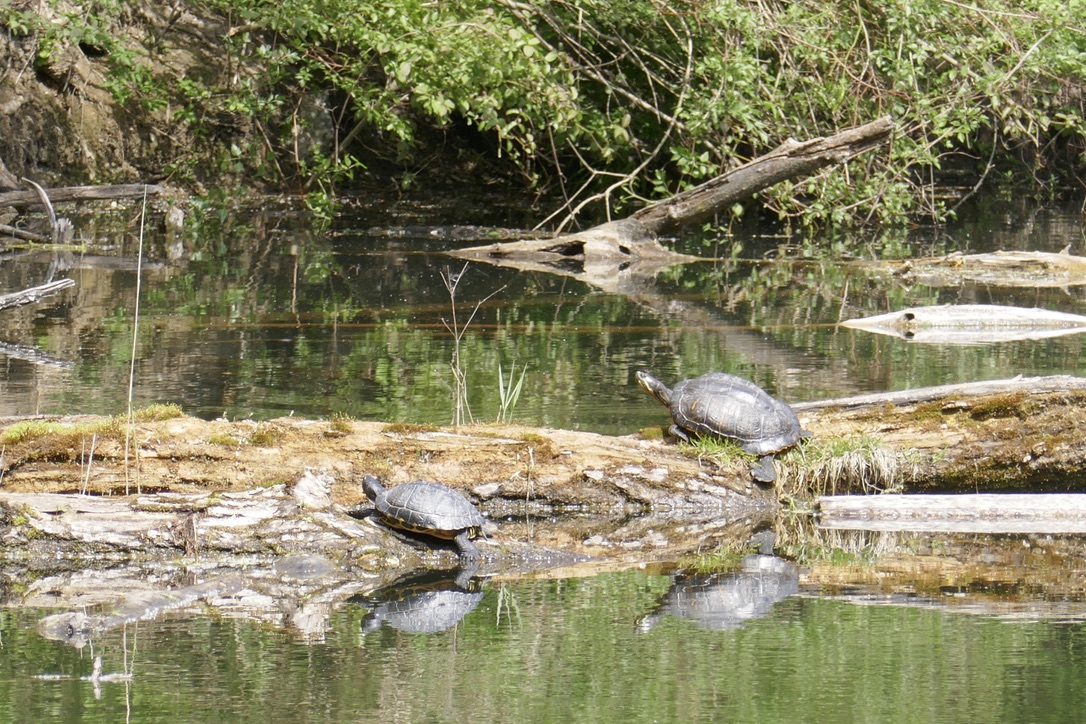
My first black woodpeckers
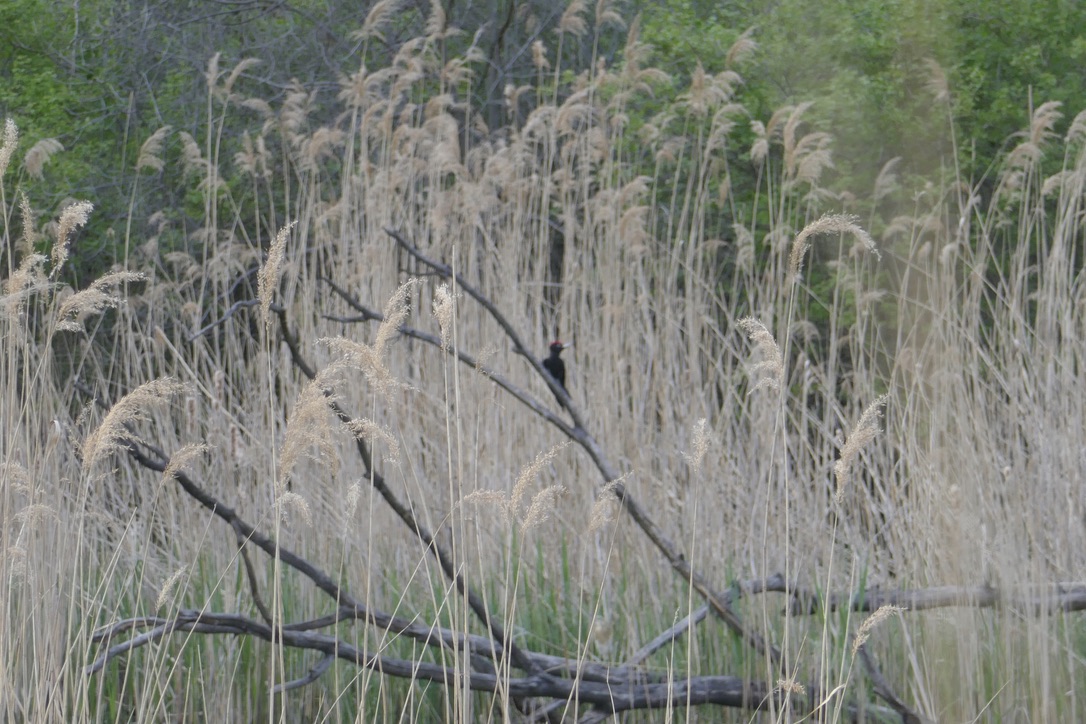
Many great spotted woodpeckers
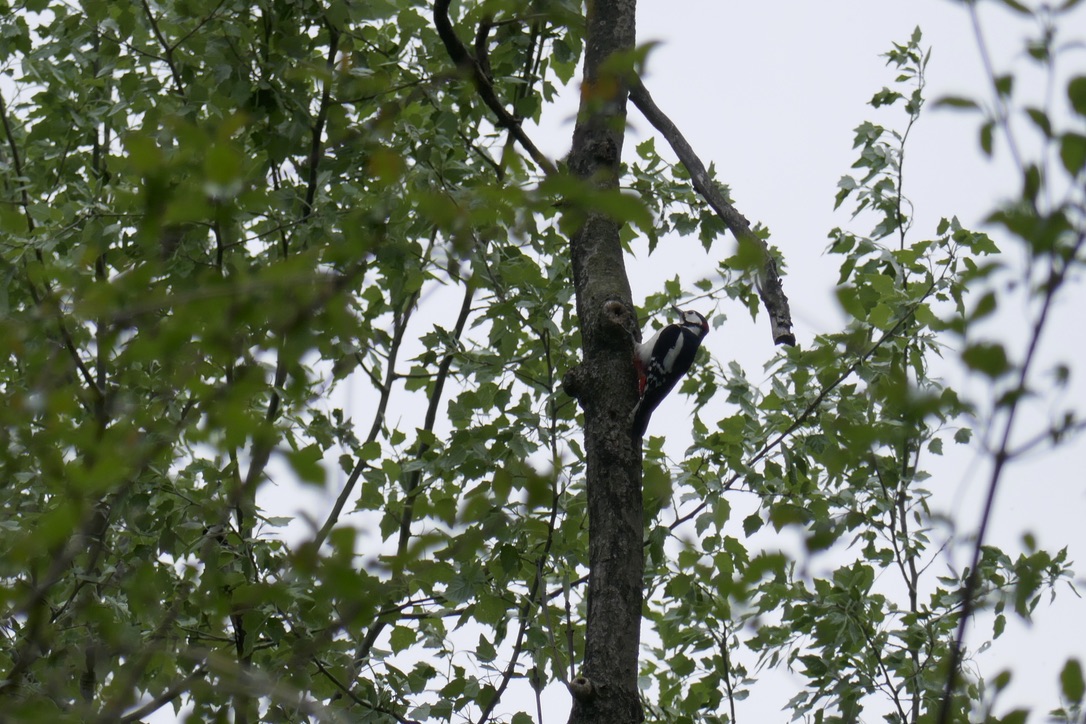
A greater bee fly which held still long enough for me to photograph it
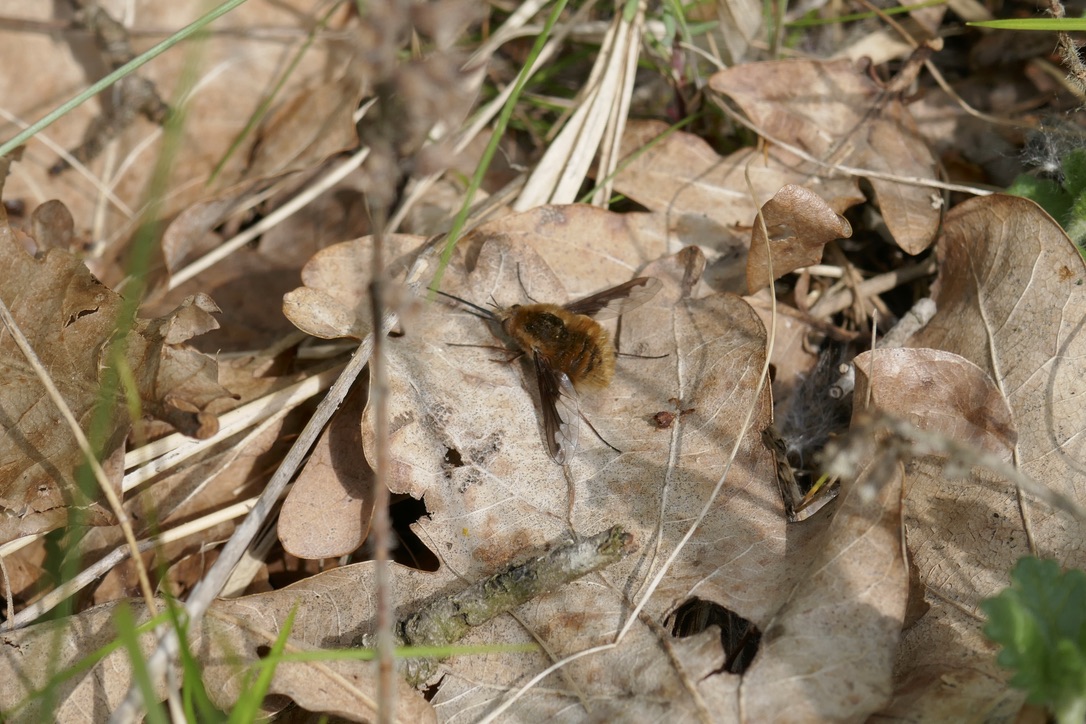
Some newts

This interesting spider
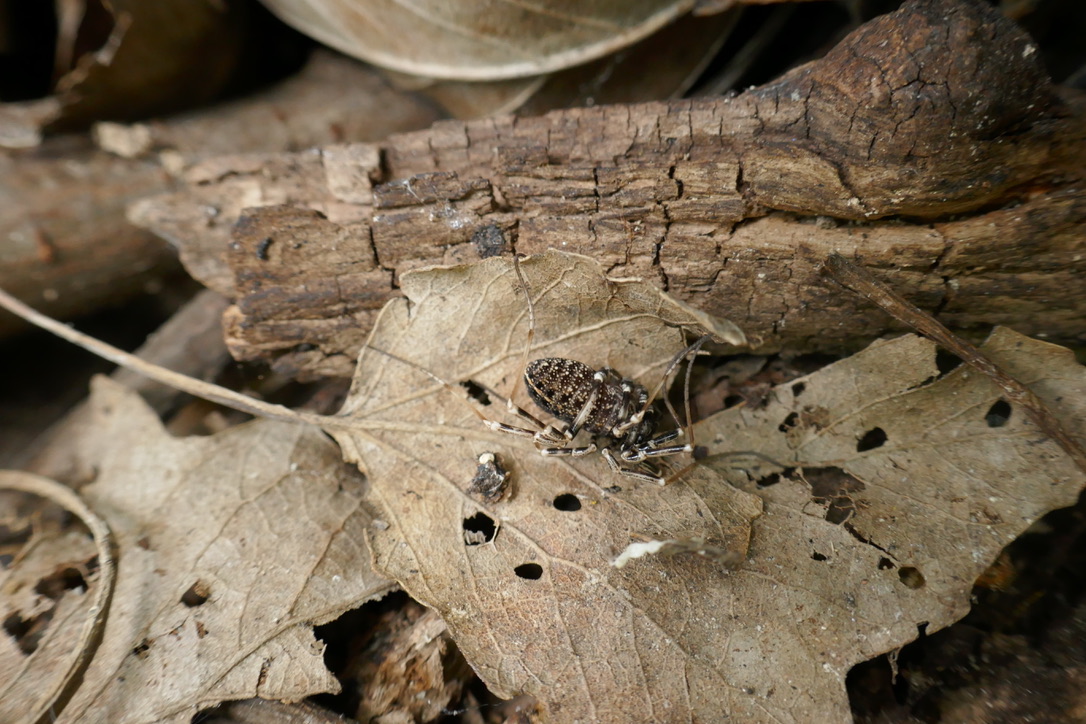
These enormous beetle larvae
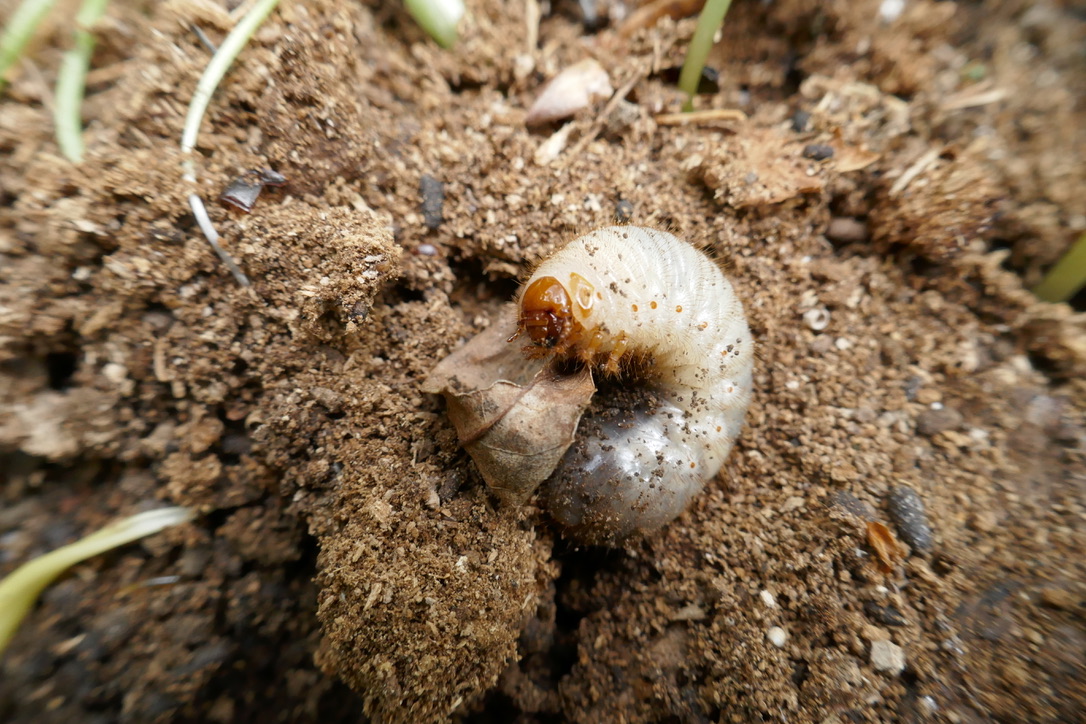
This cool looking moth
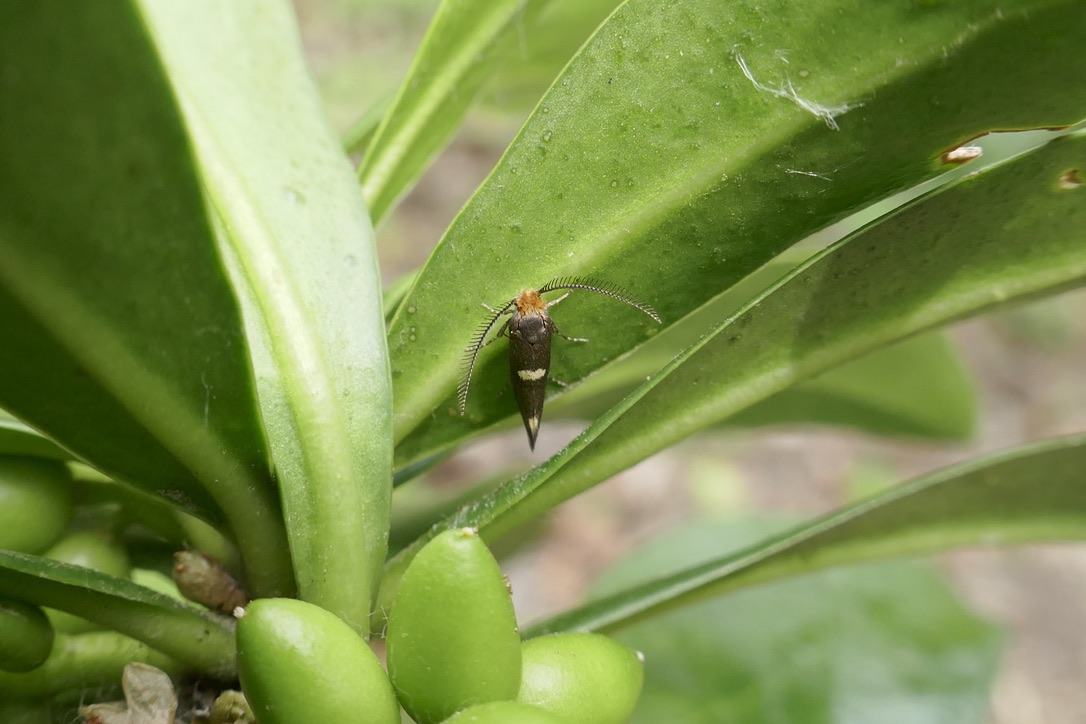
And many, many oil beetles
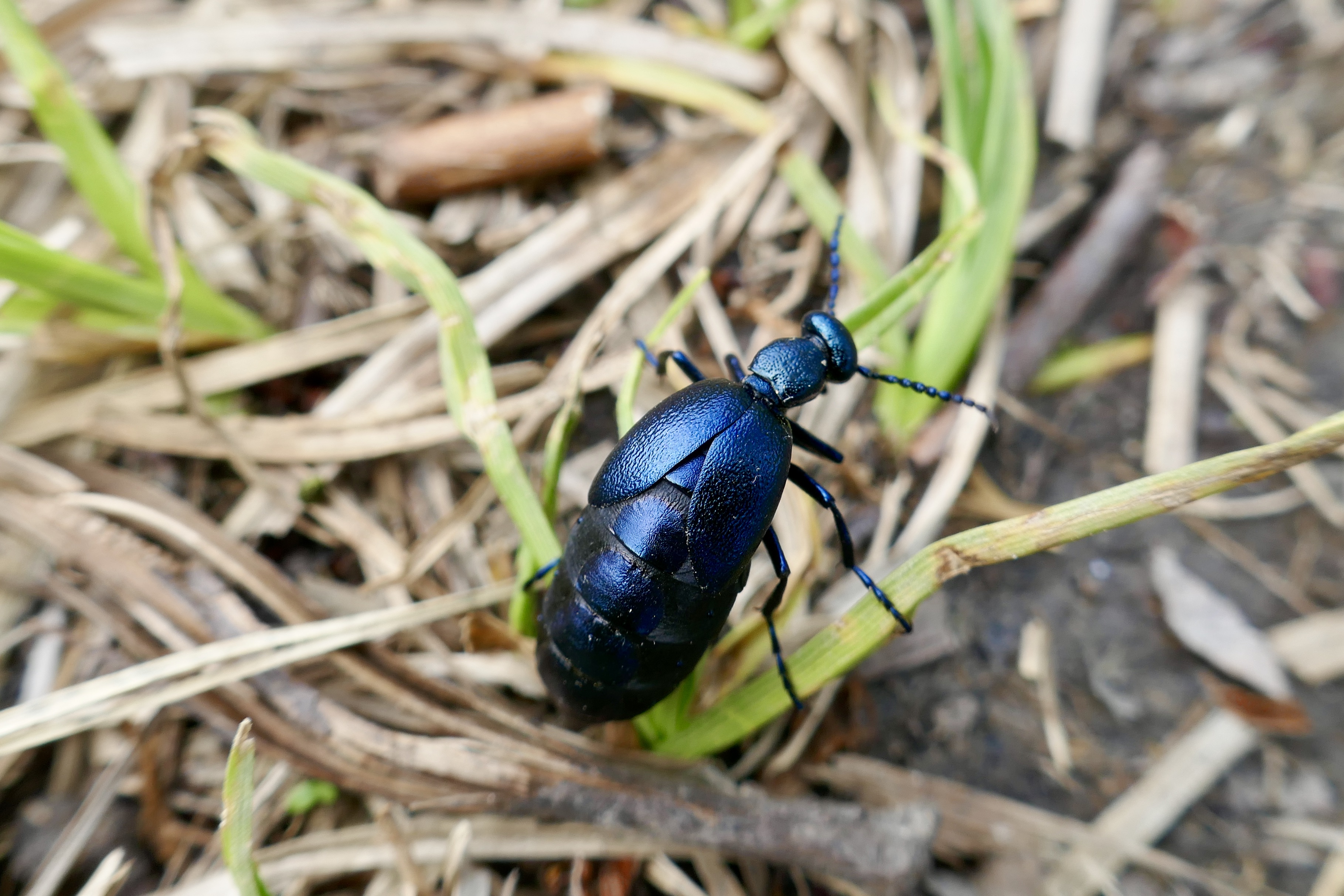
That makes a total of 213 observations over the long weekend. It’ll take some time for them to be identifed down to species level, but it looks like at least 130 individual species.
Day 2 of the #CityNatureChallenge: I finally made it to the Lainzer Tiergarten and made 73 observations, the highlights of which included:
Some enormous woodlice
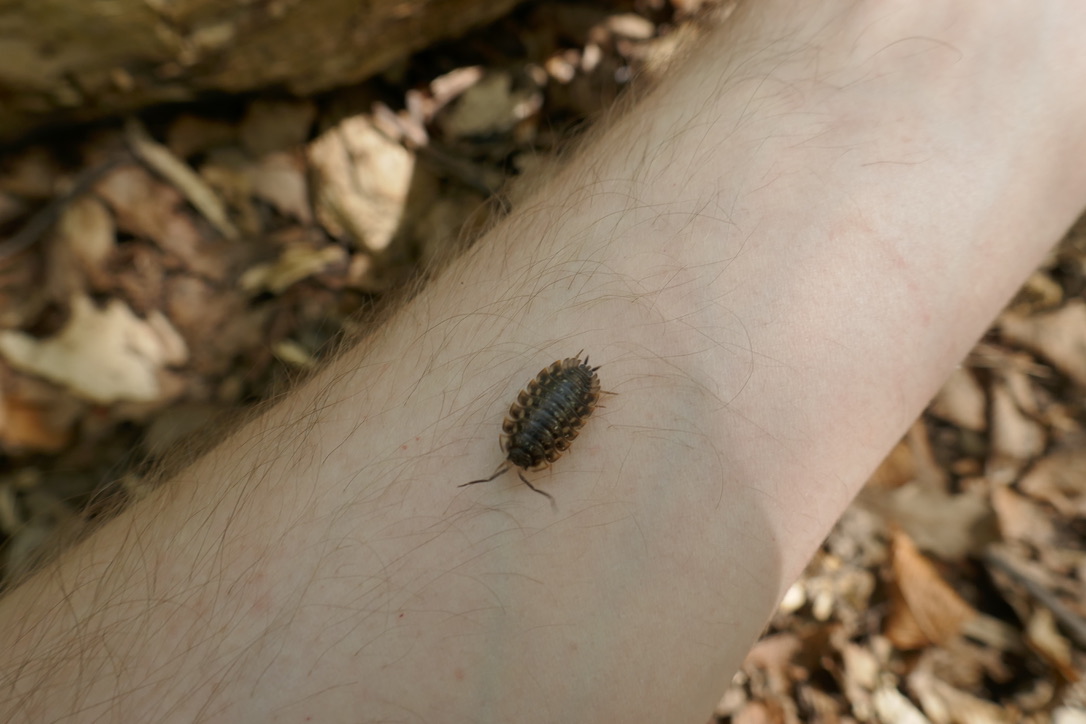
Some sort of Polydesmus, curled up on a little wall it had built to protect its eggs
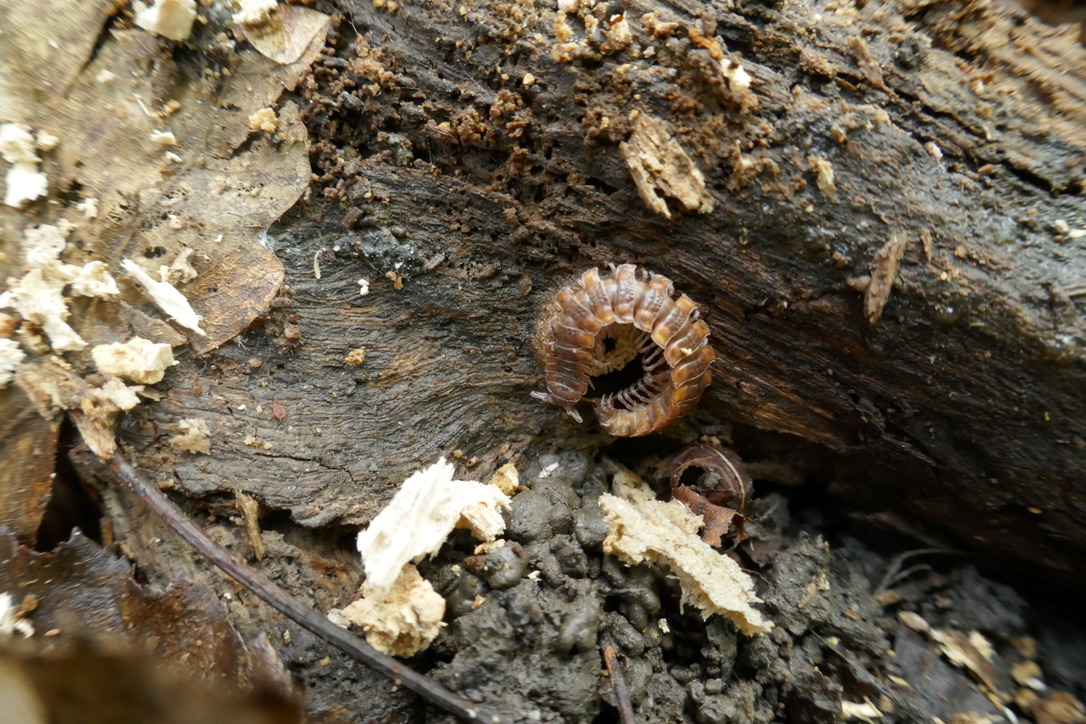
Plenty of Glomeris and pill woodlice
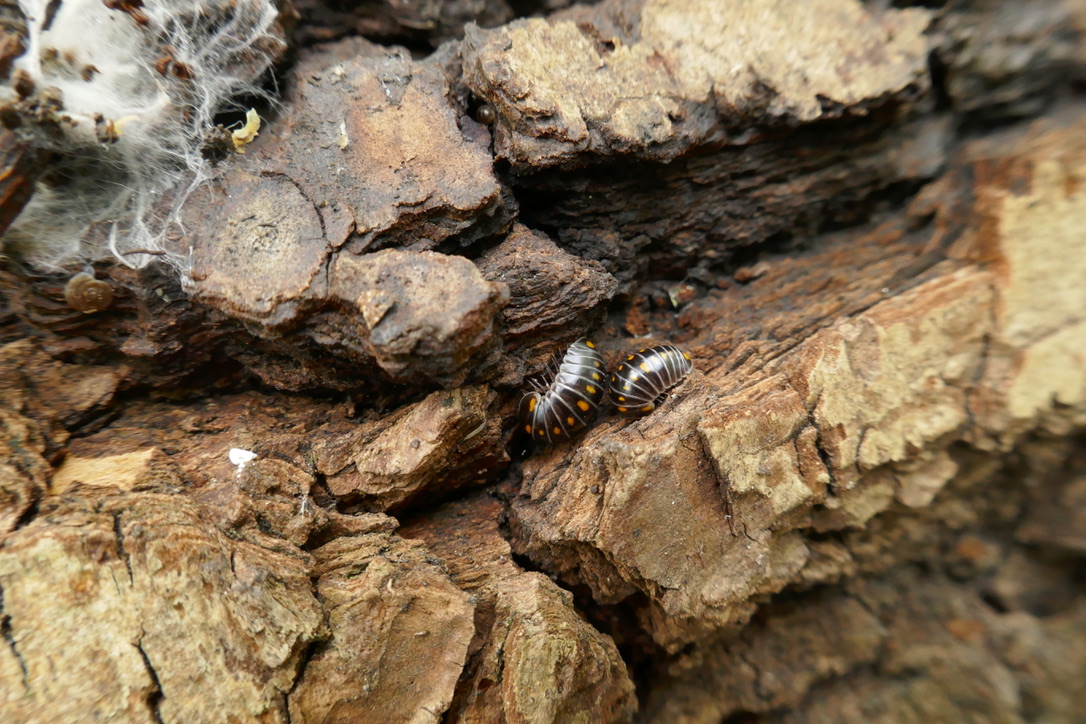
A red squirrel
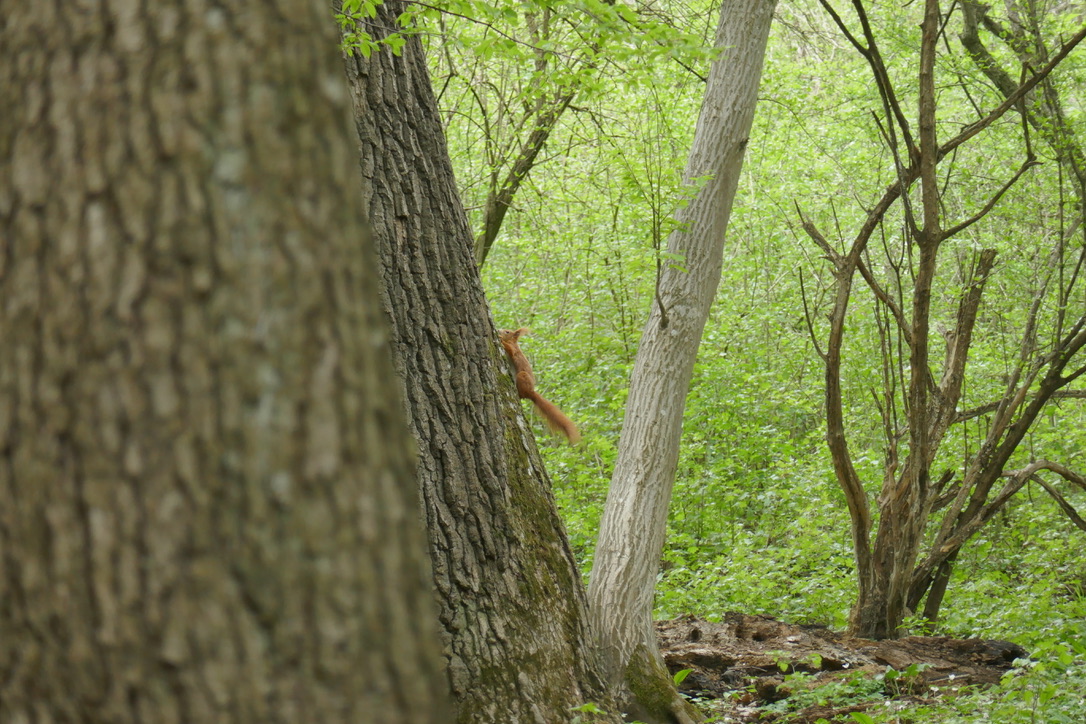
A nuthatch — not a great photo, but they’re one of my favourite woodland birds

One of the furriest moths I’ve ever seen — I think it’s a chimney sweep moth? If so, it’s an appropriate name.
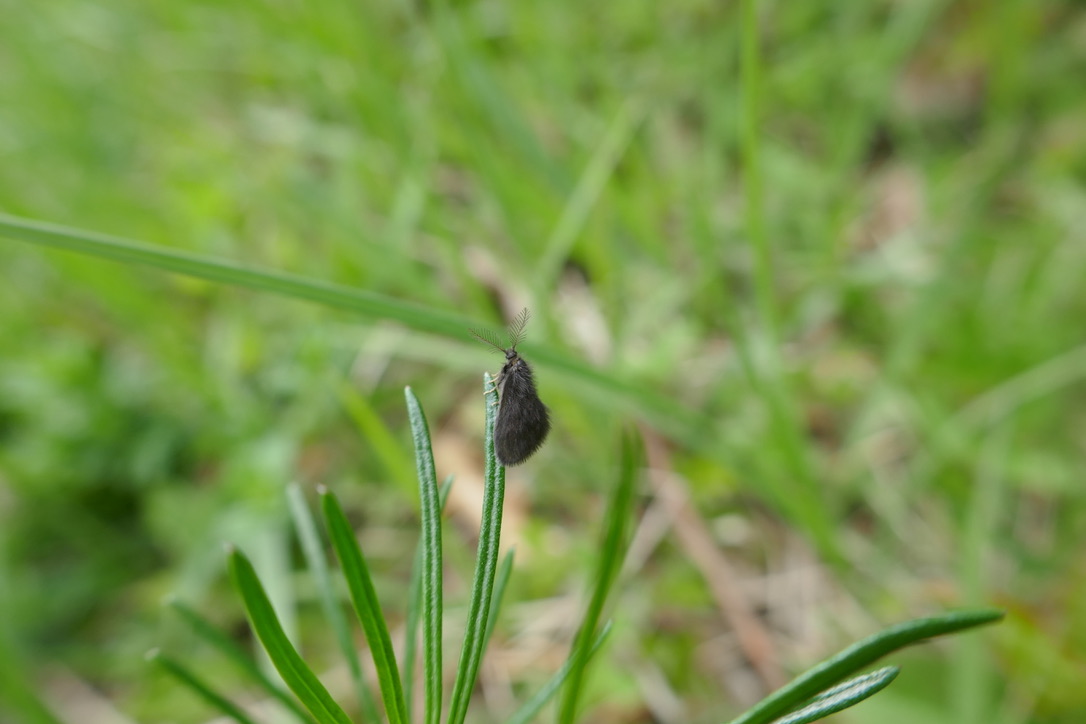
And finally, this enormous severed stag beetle head.
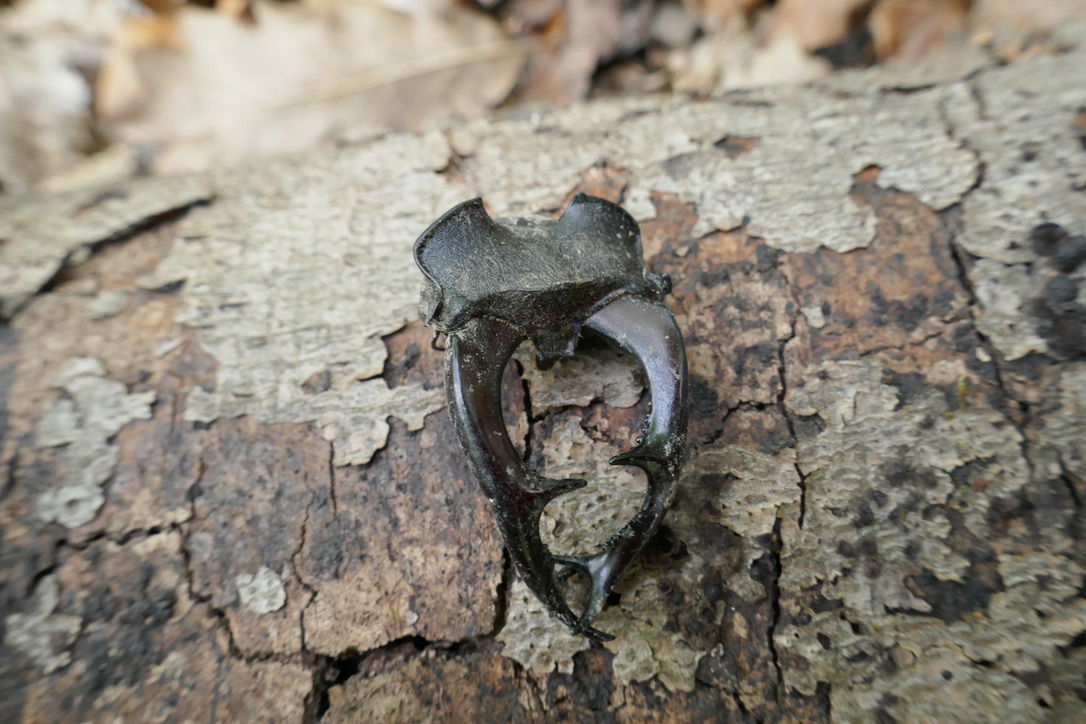
Made 34 observations on the first day of the #CityNatureChallenge Wien. Nothing particularly remarkable, except for the biggest frog I’ve ever seen, and lots of hamster activity, including some fights and parents with young, which I’ve not seen before.


Now I finally fixed my webmention endpoint, time to make sure my webmention sending is up to scratch, with https://webmention.rocks/
Test 1 Test 2 Test 3 Test 4 Test 5 Test 6 Test 7 Test 8 Test 9 Test 10 Test 11 Test 12 Test 13 Test 14 Test 15 Test 16 Test 17 Test 18 Test 19 Test 20 Test 21 Test 22 Test 23
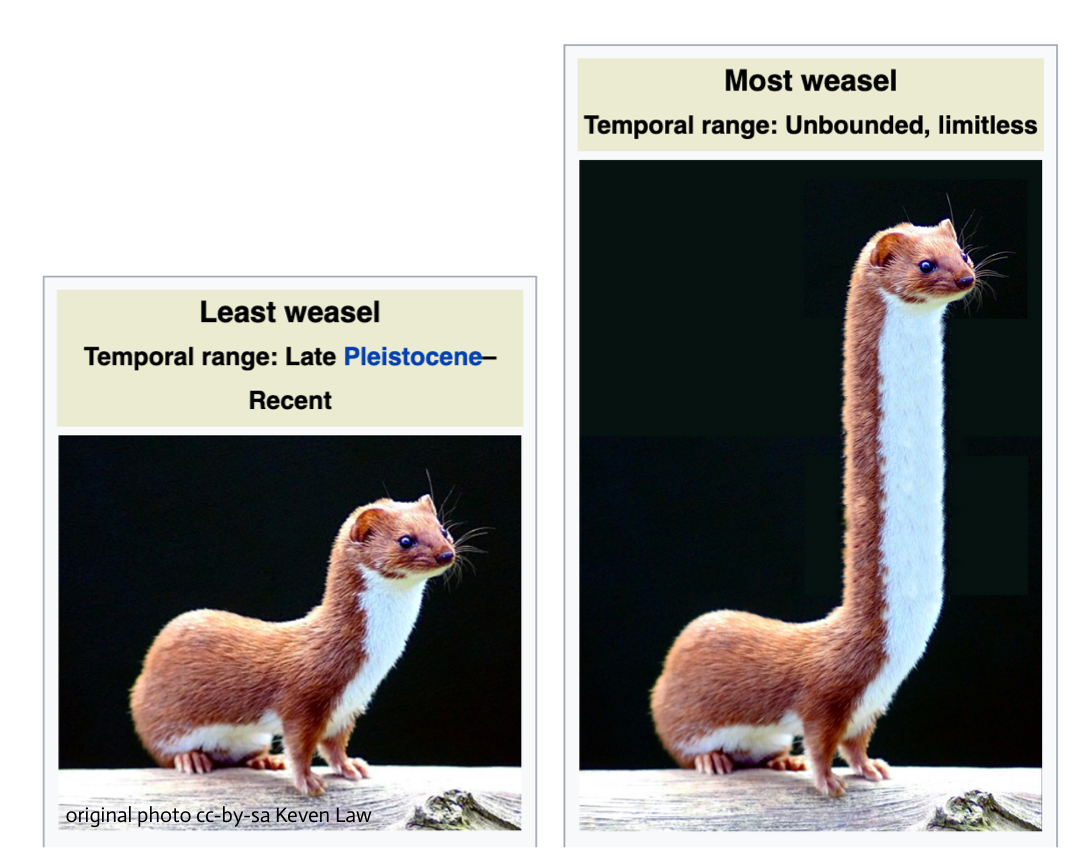
I finally got Visual Studio Code’s terminal and tab handling working the way I wanted, with these keybindings:
[
{
"key": "shift+cmd+]",
"command": "workbench.action.terminal.focusNext",
"when": "terminalFocus"
},
{
"key": "shift+cmd+[",
"command": "workbench.action.terminal.focusPrevious",
"when": "terminalFocus"
},
{
"key": "cmd+w",
"command": "workbench.action.terminal.kill",
"when": "terminalFocus"
},
{
"key": "ctrl+`",
"command": "workbench.action.terminal.focus"
},
{
"key": "ctrl+`",
"command": "workbench.action.focusActiveEditorGroup",
"when": "terminalFocus"
}
]
This way, cmd+shift+] and cmd+shift+[ not only allow you to switch between editor tabs, but also terminals, when the terminal is focused. cmd+w kills the current terminal tab as expected. ctrl+` switches focus between the editor and the terminal.
I was considering overriding cmd+t to open a new terminal when the terminal is focused, but decided to just get used to the built in ctrl+shift+` shortcut instead.
The naming of the Least Weasel implies the existence of a Most Weasel
Happy 237th Halibut Day, everyone!